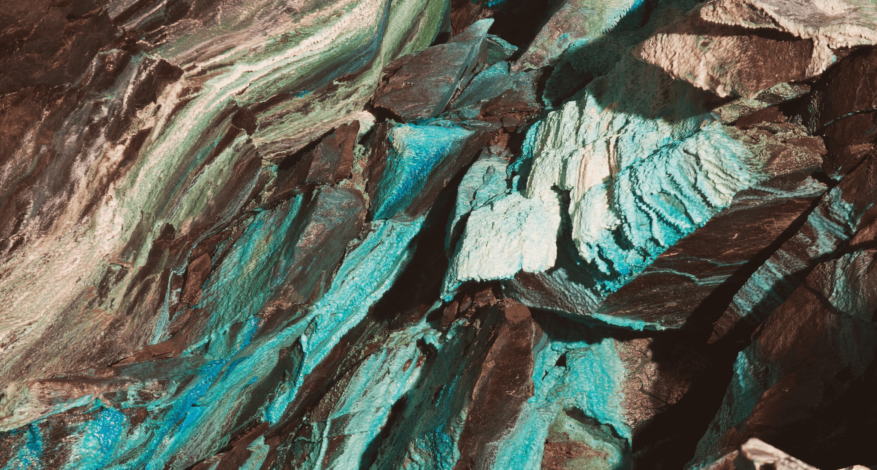ClimateWorks: Center Communities to Build Responsible Supply Chains
Below is an excerpt of a ClimateWorks blog by Lina Fedirko. Read the full version on their site.
The energy transition presents a unique opportunity to reshape mineral supply dynamics so that mining contributes to resilient, prosperous, and healthy communities. However, Indigenous Peoples and communities around the world have suffered from the consequences of irresponsible mining, such as deepening inequality, rising conflicts, and environmental degradation. A responsible mineral supply chain is necessary to help rebuild broken trust and ensure the energy transition does not replicate unjust and exploitative mining practices.
At ClimateWorks, we are actively seeking the insights and aspirations of our local partners around the globe to shape our collective effort to build a responsible mineral supply. Recently, I spoke with two regional leaders — Davidzo Muchawaya based in South Africa, and Pochoy P. Labog based in Indonesia — to gain their unique perspectives on the legacy of mining and their hopes for the clean energy transition.
Davidzo is the Africa Regional Lead for the Initiative for Responsible Mining Assurance (IRMA), an organization that sets a globally recognized, rigorous, and best practice standard for the mining industry. Pochoy is the Southeast Asia Researcher and Representative with the Business and Human Rights Resource Centre (BHRRC), which monitors the human rights impacts of more than 10,000 companies worldwide.
What is your organization’s role within the broader ecosystem of organizations working on minerals in your regions? How do you collaborate?
Davidzo Muchawaya: IRMA is three things. It is a voluntary best practice mining standards and a process for independently measuring mines’ performance against that standard. It is also an organization overseeing the standard and measurement processes with representatives of affected stakeholder groups equally governing us: mining, purchasers, finance, organized labor, advocacy NGOs, impacted communities, and Indigenous rights holders. IRMA’s contribution to broader collaboration stems from our focus on capacity building among our stakeholders to help them better understand how to use our tools. We engage stakeholders, including the BHRRC, through regular outreach about engagement on mining issues and upcoming audits.
As a regional lead in Africa, I engage with civic organizations, impacted communities, organized labor, and other groups and regularly solicit feedback on our audit system and tools. IRMA’s vision is a world where the mining industry respects human rights, provides safe and healthy working conditions, minimizes environmental harm, and leaves positive legacies.
Read the full interview with Davidzo and Pochoy on the ClimateWorks website.

